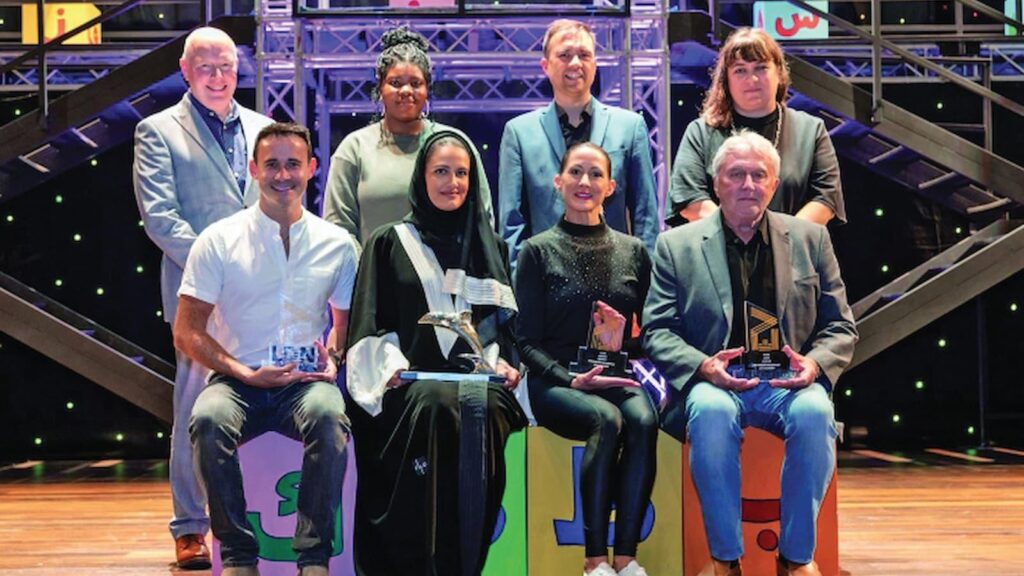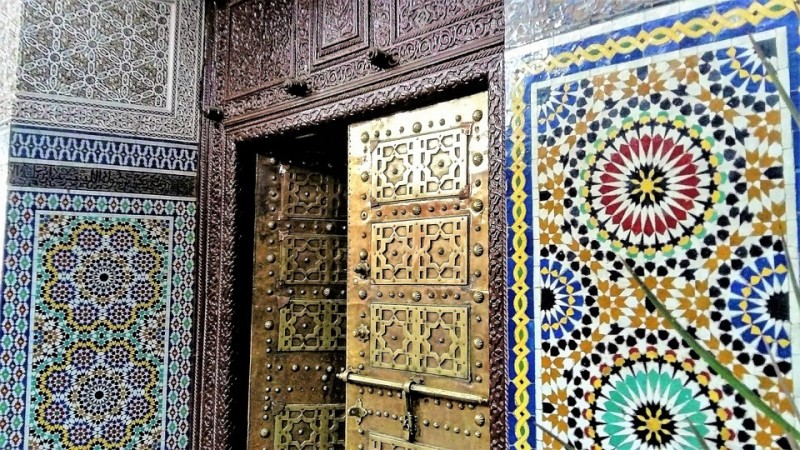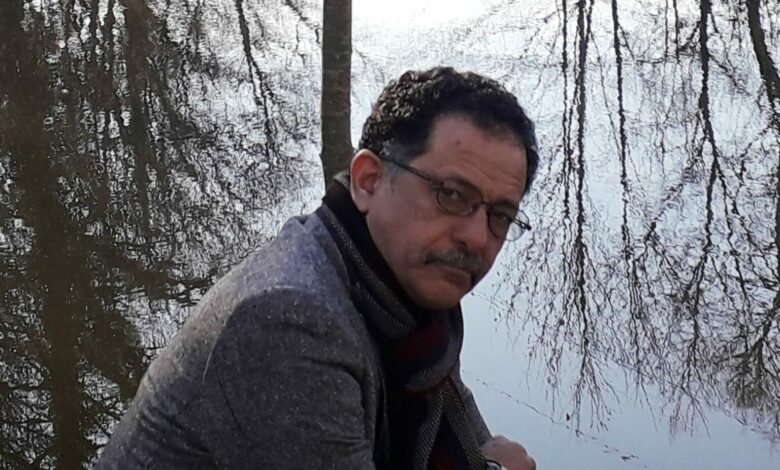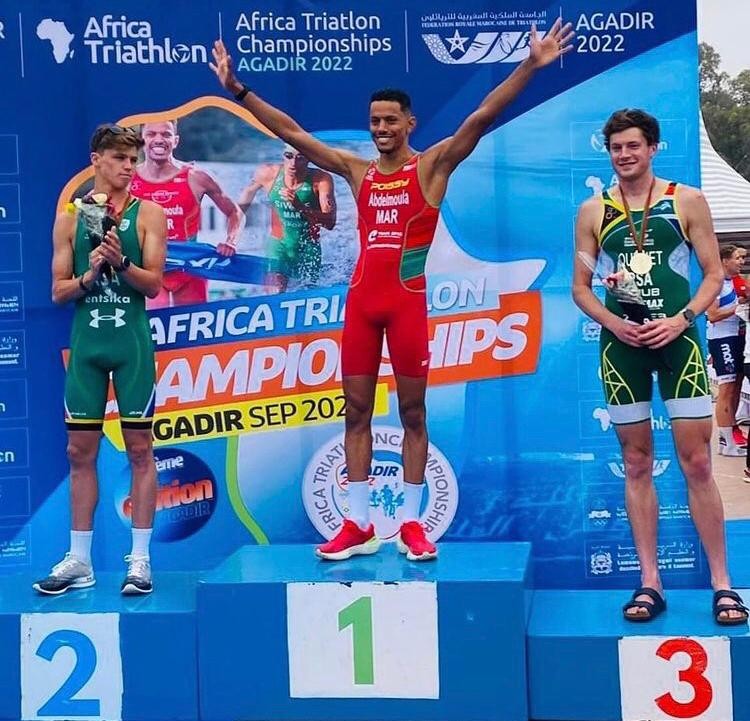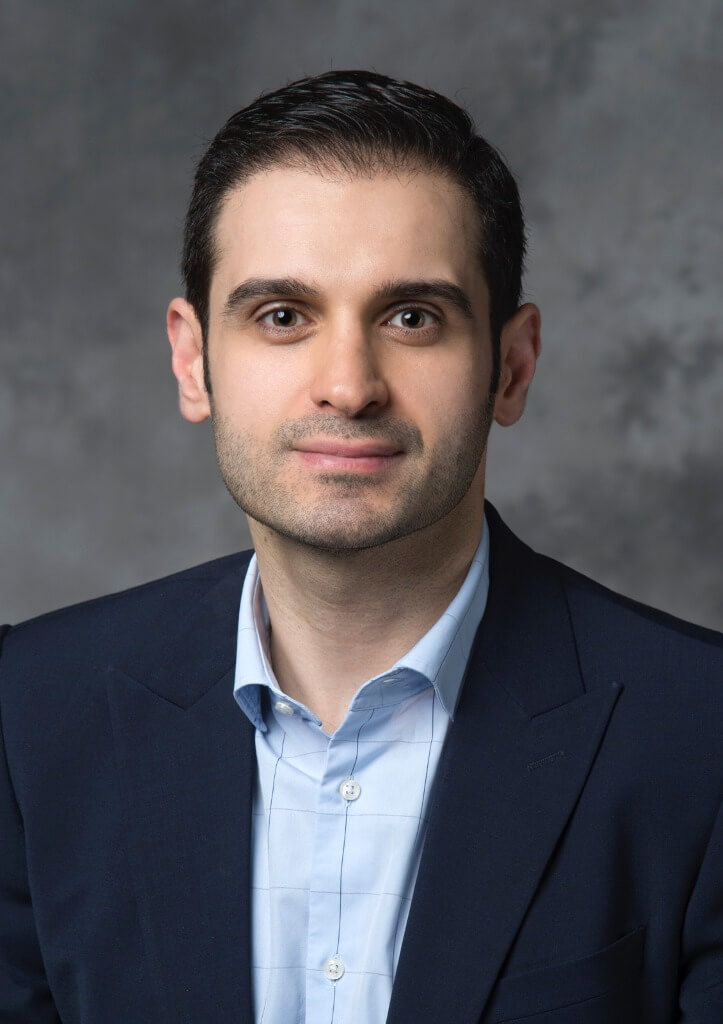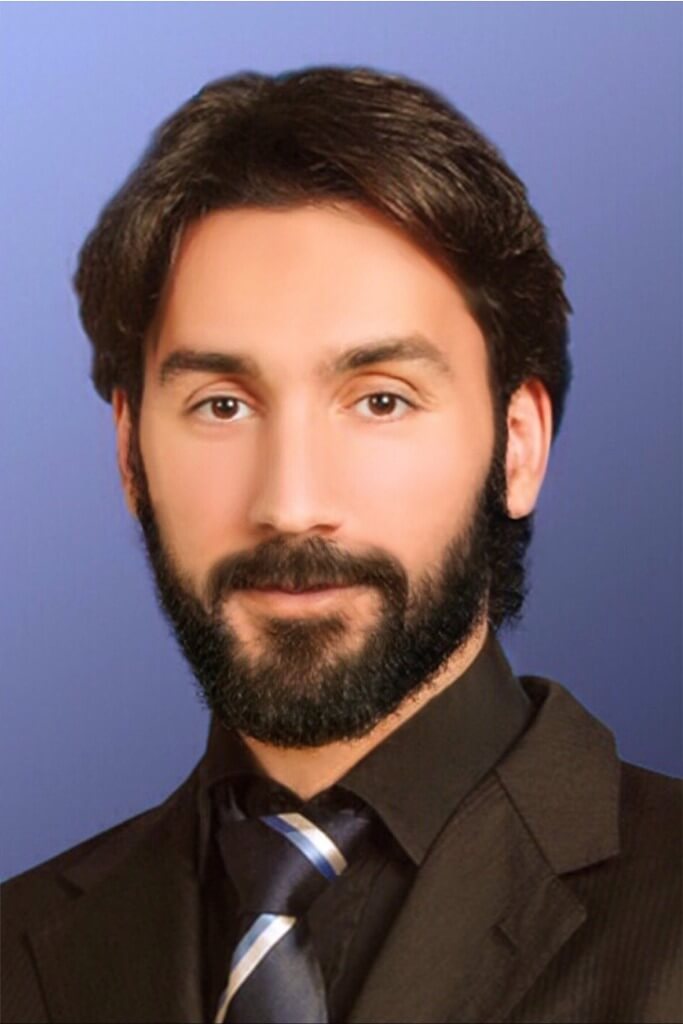‘The Sandman’ star will be the face of its women’s collections in the Middle East.
Building on an already stellar year, Lebanese British actress Razane Jammal has been announced as Dior’s latest ambassador. She will be the face of its women’s collections in the Middle East.
The announcement was complemented by a fashion shoot featuring Jammal in some of the house’s latest creations. She is no stranger to the world of high fashion — the actress was previously an ambassador for Chanel.
“I’m so unbelievably excited to finally announce that I will be joining Dior as a brand ambassador in the Middle East,” Jammal wrote on Instagram.
“Ever since I joined the fashion community, I wanted to collaborate with people I can truly grow with, to join a family that I value as much as it values me. It’s been a long journey but I can confidently say I’ve found my home.
“This is the start of a wonderful collaboration. I cannot wait to embody the timeless creations of @mariagraziachiuri.”
This is yet another mark of Jammal’s upward trajectory. She stars in the highest-grossing film in Egyptian history, Kira & El Gin, and is one of the key characters in Netflix’s hugely popular new show The Sandman.
“It’s been a very crazy couple of years,” she told The National in a recent interview. “But I’m very happy that the hard work has paid off.”
Fluent in Arabic, French and English, Jammal’s first serious foray into acting was in the French-German feature Carlos in 2010. This was followed by Cruel Summer in 2012, a short film by Kanye West, and then Une histoire de fou in 2014 by director Robert Guediguian. All three projects had their world premiere at the Cannes Film Festival.
Based on 1919, the novel by Egyptian writer Ahmed Mourad, and directed by Marwan Hamed, Kira & El Gin is an action drama that chronicles the 1919 revolution against the British occupation of Egypt and Sudan.
The Sandman is based on Neil Gaiman’s groundbreaking graphic novel series.
The experience has been a bittersweet one for Jammal, she told The National, as her mother died last year while The Sandman was being filmed.
“We were filming during Covid-19 in London. We were following very strict Covid-19 protocols and I wasn’t allowed to travel. So I didn’t go back home for eight months after losing my mum. My mum was the most important person in my life. She was a single mum, we had a very close relationship.”
source/content: thenationalnews.com (headline edited)
____________

________________________
BRITISH / LEBANESE
